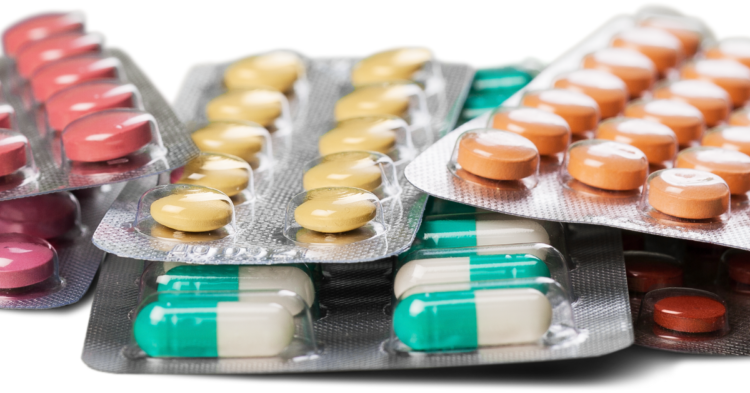Drugs Causing Stones and Crystals in the body:
Acyclovir: A drug used in the treatment of Herpes and other viruses.
Aminophylline : An asthma bronchodilator drug.
Amoxicillin a common antibiotic used for gobs of stuff!
Antacids: Taking too many antacids (like Tums) increases the calcium output of the kidneys and concentrates it in the urine predisposing to crystal and stone formation. Antacids reduce stomach acidity temporarily which may result in impaired ability to digest and absorb certain nutrients such as iron and B Vitamins. Also, healthy stomach acid kills ingested bacteria, viruses and parasites so the addition of antacids may increase the body’s vulnerability to infection to these organisms. Calcium supplements may also bind up certain drugs like ketoconazole which is used as an antifungal agent so that they do not work as effectively.
Ciprofloxacin : Ciprofloxacin extended-release (long-acting) tablets are used only to treat certain types of urinary tract infections. Ciprofloxacin is in a class of antibiotics called fluoroquinolones. It works by killing bacteria.
Guaifenasin : Guaifenasin thins the mucus in the air passages and makes it easier to cough up the mucus and clear the airways, allowing you to breathe more easily. It relieves the coughs of colds, bronchitis, and other lung infections. It is in some cough remedies.
Indinavir: A drug used in the treatment of HIV.
Iothalamate: A renal dialysis drug.
L-Methyl glucamine (Meglamine): A drug used in radiography studies (Gastrographin), in the treatment of diabetes, in anti-aging creams (MEG-21 and Supplamine) and as an antiprotozoal medication used in the treatment of leishmaniasis. Methylglucamine, also known as meglumine, is an amino sugar which is chemically related to the naturally occurring sugar, sorbitol.
Oxypurinol: A drug used in the treatment of gout. Hmmm. . .a drug using to treat stony deposits in joints causes stones. . .this is crazy!
Phenazopyridine: Relieves urinary tract pain, burning, irritation, and discomfort, as well as urgent and frequent urination caused by urinary tract infections, surgery, injury, or examination procedures. Now isn’t that weird. A drug used to treat a symptom of urinary tract infection causing yet more problems!)
Phenytoin: Epilepsy drug used also for treating Hirsutism (hairy faces in women) and Poly Cystic Ovarian Disease.
Primidone: An anti-seizure medication
Pyridoxalate:
Sulfa drugs: Antibiotic used for bladder infections.
Sulfamethoxazole metabolite: Used in the treatment of bacterial infections—an antibiotic. Gee, no wonder they tell you to drink a lot of water when taking sulfa drugs! https://bmcurol.biomedcentral.com/articles/10.1186/s12894-021-00894-5
Thyroid Hormones: Can increase the amount of calcium excreted into the system and can occasionally cause calcium-based stones.
Triamterene and Metabolites (A potassium sparing diuretic used in the treatment of fluid retention (edema) in people with congestive heart failure, cirrhosis of the liver, or a kidney condition called nephrotic syndrome.
Vitamin C (Causes monohydrate calcium oxalate crystals) I suspect it is actually Ascorbic Acid which is only one molecule of Vitamin C that they are talking about here.
Helpful Links and Other Related References for Drugs Causing Stones:
- Lab recognized as a world leader in stone analysis (note that the general public cannot get into this site!): https://www.herringlab.com
- Management of Urolithiasis: https://www.uspharmacist.com/article/the-management-of-urolithiasis
- High Oxalate Food List
- Urinalysis Interpretation: https://naturalhealthtechniques.com/urinalysis-interpretation/

